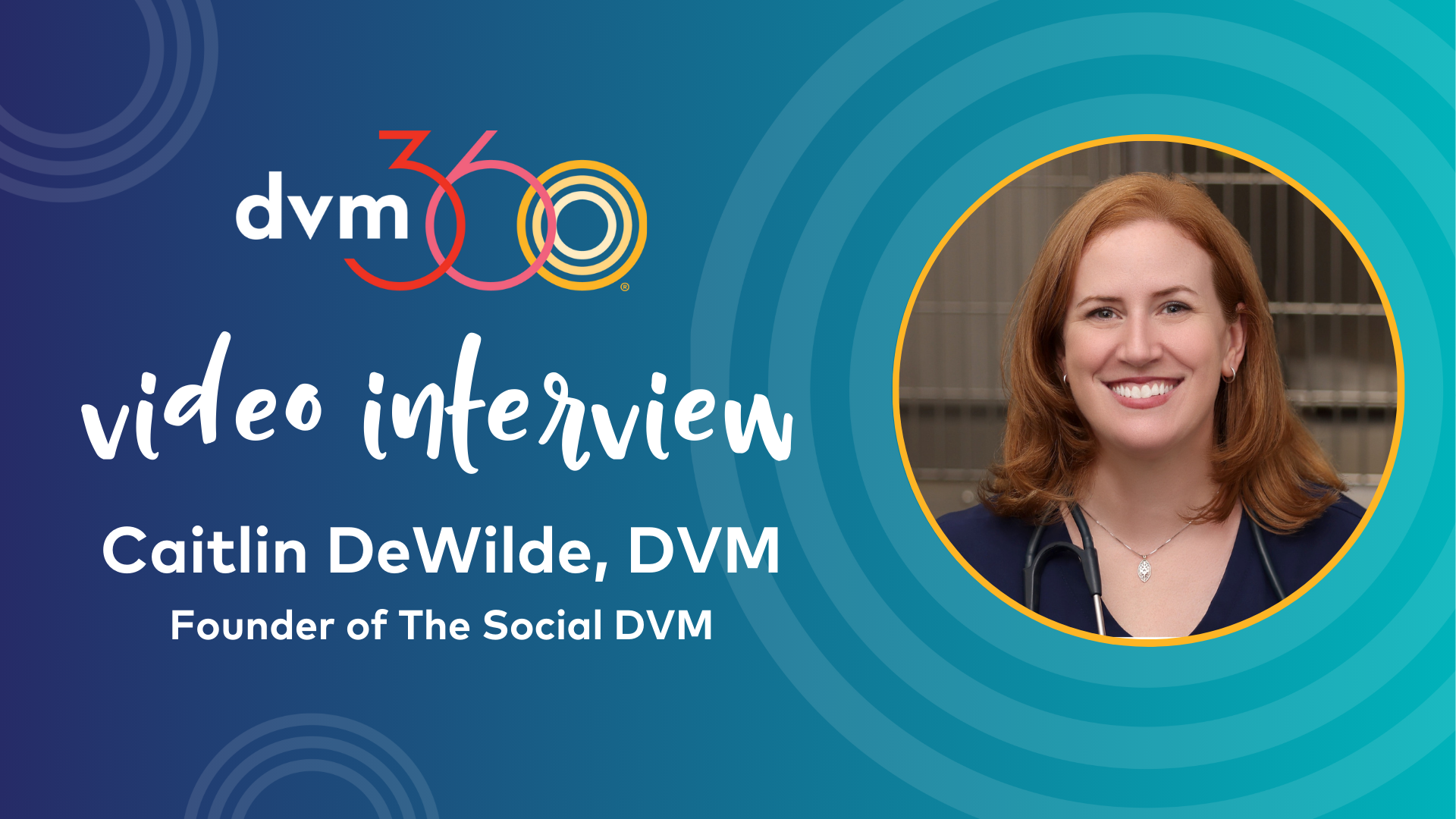Decide if your veterinary hospital hours are convenient
Convenience used to be about having the right location. Now it's more than that.
Your veterinary practice exists in a new landscape of greater and greater consumer convenience. Your high-quality medicine is no fast-food burger, but let's look at those successful fast-food chains as an example.

Bob Levoy
Nearly 40 percent of McDonald's in the United States are open around the clock. Dunkin' Donuts has doubled its number of 24-hour restaurants in the past 10 years, with nearly a third of its more than 7,000 U.S. stores open all day and night.
This trend among fast-food outlets is driven partly by changes in the American workforce working hours. Two-fifths of all employed Americans work mostly during evenings, nights, weekends, or on rotating shifts outside the traditional 9-to-5 workday, according to Harriet Presser, a University of Maryland sociology professor and author of Working in a 24/7 Economy (Russell Sage Foundation Publications, 2005).
In keeping with this trend, the Perrin-410 Animal Hospital in San Antonio, Tex., offers emergency, urgent, and routine veterinary care 7 days a week, from 7 a.m. to 11 p.m. "It's for the convenience of our clients, many of whom have blue-collar jobs they're unable to leave during the day," says hospital office manager Dana Bender-Rios. "Our guiding principle is to be available when clients need us."
The Perrin-410 Animal Hospital has a staff of five doctors and 20 team members consisting of management, client services, technicians, and kennel personnel. There are three shifts for team members to work: 7 a.m. to 3 p.m., 11 a.m. to 7 p.m. (the surgery shift), and 3 p.m. to 11 p.m. (a shift staffed by hospital personnel who prefer to work late hours and who are paid at a slightly higher rate). It's a win-win strategy for everyone including the clients.
Action step: If the number of doctors in your practice gives you the flexibility to extend hours, survey your clients to determine whether early morning, late evening, or perhaps weekend appointments would make coming to your hospital more convenient. If so, there are undoubtedly nonclients out there for whom such extended hours would also be appealing.
Making visits to your hospital more convenient for time-pressured pet owners will give you and your practice an important competitive advantage.
Veterinary Economics Editorial Advisory Board member Bob Levoy is the author of 101 Secrets of a High Performance Veterinary Practice and 222 Secrets of Hiring, Managing and Retaining Great Employees in Healthcare Practices.







